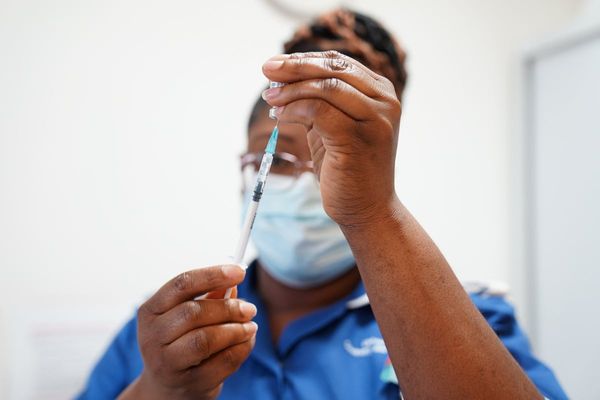An urgent alert has been issued to Irish parents to watch out for Respiratory Syncytial Virus (RSV) symptoms in their young children.
Cases of the highly contagious virus, that poses a particular threat to children, have been on the rise in hospitals across Ireland.
Public Health Mid-West issued the warning on Twitter saying that there have been twice as many cases of RSV than normal at this time of year.
They urged parents to be vigilant of their kid's symptoms as the HSE noted an "increased incidence of bronchiolitis caused by RSV" which has left many children so sick they had to be hospitalised.
In a Twitter statement Public Health Mid-West said: "RSV is one of the leading causes of bronchiolitis, which is a common chest infection in babies (under six months) and young children (under two years).
"There have been 206 confirmed cases of RSV in the Mid-West region since the start of October.
"Nationally, we are seeing twice as many cases of RSV as we would normally see at this time of year, which is placing increased pressure on health services. More than 50% of laboratory notified cases have been hospitalised.
"Most cases of bronchiolitis/RSV can be cared for at home, and can clear between two to three weeks without treatment. However, symptoms can worsen quickly, so it is important to watch symptoms."
What is RSV?
RSV (respiratory syncytial virus) is a highly contagious respiratory disease, which generally occurs between October and April, with cases peaking in December, according to Public Health Mid-West.
RSV is mostly mild in adults and older children but can cause bronchiolitis (croup) in very young babies. This may lead to breathing and feeding difficulties and can result in hospitalisation.
It can also be serious and life-threatening for older adults, individuals with weak immune systems, and children who are premature or have chronic heart and lung disease.
How can I prevent the spread of RSV?
Good ventilation of shared spaces, good hand hygiene and cleaning of surfaces, and good cough etiquette (coughing into tissue or elbow rather than on hands) also help in preventing spread.
At this time of year, children may have a runny nose or slight cough, and they should not be prevented from attending creche or childcare if they are feeling well with one mild symptom.
However, if a child is feeling unwell with more significant symptoms, or combination of symptoms (cough, runny nose and mild fever) then they should be at home until the fever and their symptoms have gone.
Children may have a persistent cough for after infection for a few weeks so once the fever and other symptoms have gone, they should not be excluded for the cough alone.
What are the initial symptoms of RSV?
- runny nose
- blocked nose
- mild fever (temperature of 38 degrees Celsius)
- slight cough
Further symptoms usually develop over the next few days:
- mild fever
- a dry and persistent cough
- rapid or noisy breathing (wheezing)
- feeding less
- fewer wet nappies
- vomiting after feeding
- being irritable
READ NEXT :
Tributes to young dad killed in Irish road crash on way to visit ill brother
Full list of people eligible for Christmas bonus due from December 5
Warning in place for six counties as Met Eireann forecasts temperature plunge
Vicky Phelan's husband's stunning tribute read at moving memorial service
Matt Hancock faces furious calls for him to quit as MP as Jill Scott wins
Get breaking news to your inbox by signing up to our newsletter







